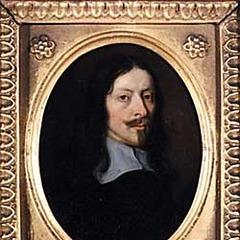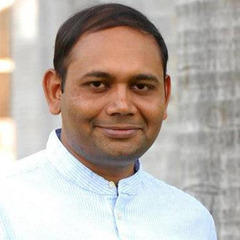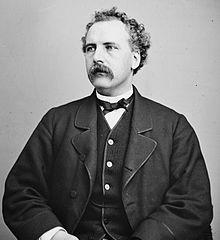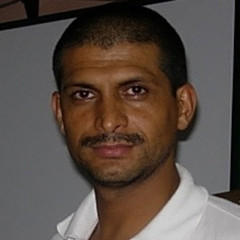Alexander Pope Quotes
A tree is a nobler object than a prince in his coronation-robes.
Alexander Pope, Pat Rogers (2008). “The Major Works”, p.574, Oxford University Press
Alexander Pope (2002). “Alexander Pope: Selected Poetry and Prose”, p.105, Routledge
An Essay on Criticism l. 625 (1711)
An Essay on Criticism l. 525 (1711). The Oxford Dictionary of Proverbs notes, "Although known in Latin (humanum est errare, it is human to err) and in earlier English versions, this saying is generally quoted in Pope's words." The ODP cites "To offend is humaine, to repent diuine" (Henry Wotton, 1578) and "To erre is humane, to repent is divine" (James Howell, 1659).
Alexander Pope, William Roscoe (1847). “The works of Alexander Pope, esq., with notes and illustrations, by himself and others. To which are added, a new life of the author, an Estimate of his poetical character and writings, and occasional remarks by William Roscoe, esq”, p.381
Judges and senates have been bought for gold; Esteem and love were never to be sold.
Alexander Pope, John Wilson Croker (1871). “The Works: Including Several Hundred Unpublished Letters, and Other New Materials”, p.442
A little learning is a dangerous thing; Drink deep, or taste not the Pierian spring.
An Essay on Criticism l. 215 (1711) See Drayton 2
'The Universal Prayer' (1738)
Who builds a church to God and not to fame, Will never mark the marble with his name.
Alexander Pope, William Warburton (1797). “The Works of Alexander Pope, Esq: Life of Alexander Pope. Poems”, p.261
Alexander Pope (1819). “The Poetical Works of Alexander Pope: In Three Volumes Complete, with His Last Corrections, Additions, and Improvements, Together with All His Notes as They Were Delivered to the Editor a Little Before His Death”, p.104
Alexander Pope, Owen Ruffhead (1769). “Life comp. by Owen Ruffhead”, p.180
Alexander Pope (1850*). “The works of Alexander Pope. With notes by dr. Warburton”, p.123
Some people will never learn anything, for this reason, because they understand everything too soon.
Alexander Pope (1806). “The Works of Alexander Pope, Esq. In Verse and Prose: Containing the Principal Notes of Drs. Warburton and Warton: Illustrations, and Critical and Explanatory Remarks, by Johnson, Wakefield, A. Chalmers, F.S.A. and Others. To which are Added, Now First Published, Some Original Letters, with Additional Observations, and Memoirs of the Life of the Author”, p.411
We may see the small value God has for riches, by the people he gives them to.
Alexander Pope (1812). “The works of Alexander Pope. With a selection of explanatory notes, and the account of his life by dr. Johnson”, p.236
Some praise at morning what they blame at night, but always think the last opinion right.
'An Essay on Criticism' (1711) l. 430
All other goods by fortune's hand are given, A wife is the peculiar gift of Heaven.
"The Poetical Works of Alexander Pope".







